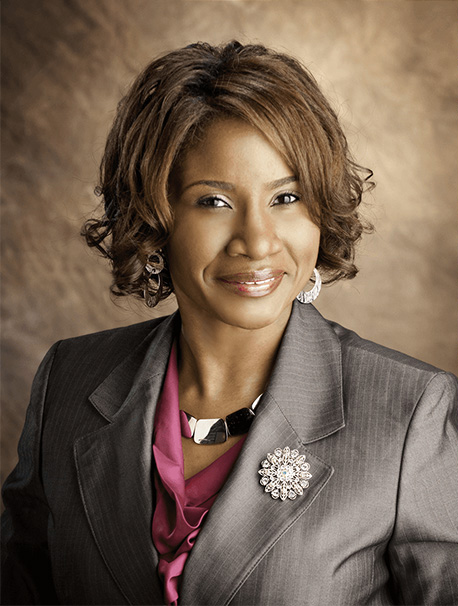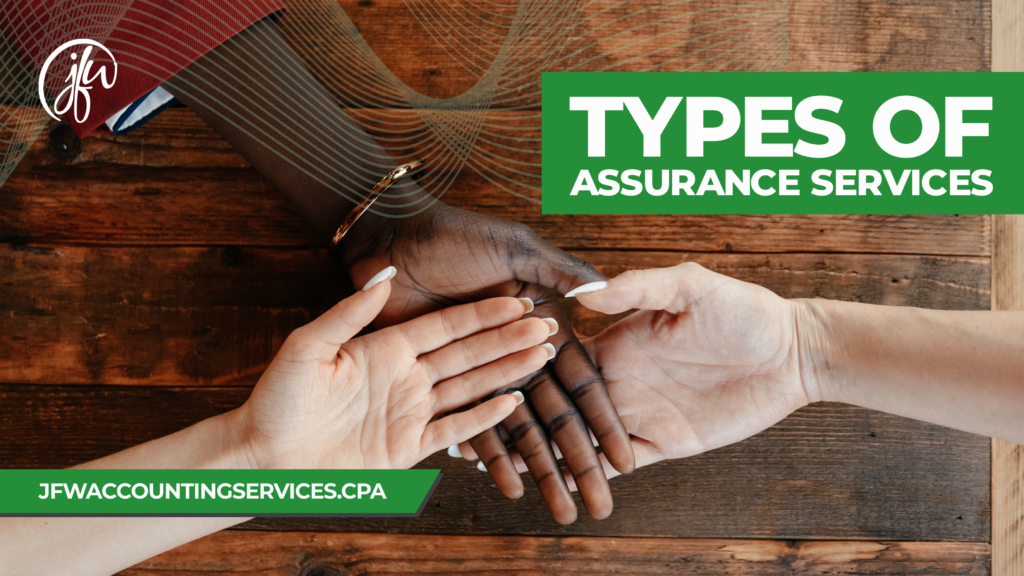Assurance engagements describe examination services performed by an independent professional. Nonprofit organizations use these to evaluate and analyze their financial statements. Determining the accuracy of a nonprofit’s financial position is done by hiring a certified public accountant (CPA) to conduct one or more assurance engagements. Nonprofits can choose the correct type and level of assurance necessary by considering the organization’s bylaws and current objective. Before we discuss the list of assurance services, let’s talk about the types of engagements.
Types of Assurance Engagements
The type, or level, of an assurance engagement, will determine the scope of the work performed by the CPA and the resulting opinion. Whether the organization contracts a reasonable or limited engagement is determined by the end-user.
Reasonable
A reasonable assurance agreement describes a review by an external practitioner that results in a written report of reasonable conclusions. The reviewer gathers sufficient and appropriate evidence to conclude that the provided subject matter conforms in all material respects with identified suitable criteria. A reasonable assurance agreement is considered high risk for accounting professionals, so review procedures are conducted thoroughly and include tests of internal controls and substantive procedures.
Limited
Limited assurance agreements also result in a qualified professional issuing a written report, but the report differs because of negative wording. A written report in a limited assurance concludes the subject matter is plausible with the identified suitable criteria under the given circumstances. The conclusions issued by the CPA in limited assurance agreements are not held to the same level of regulations as reasonable assurance agreements, so they are less risk for the practitioner and require analytical, instead of substantive, procedures.
4 Common Assurance Engagements
Audit
A formal audit is one type of assurance engagement that provides a written report stating whether the independent auditor believes the financial position of the nonprofit is accurately reflected in the statements. The auditor analyzes several samples and performs tests to determine whether the financial statements are free from material misstatement caused by error or fraud. The audit report will provide reasonable assurance of the highest level that the representation of financial transactions, including cash management, are recorded in compliance with U.S. GAAP.
Choosing an audit:
- Provides the highest level of assurance
- A financial audit assesses internal controls and communicates any deficiencies to management and the board of directors
- Auditors may issue opinions to assist management in process improvement
- The most expensive and time-consuming assurance engagement for nonprofits
- Required by some lenders and third-party governing agencies
Review
A nonprofit that hires a firm for a financial statement review receives limited assurance about the accuracy of the financial statements. The reviewing firm will identify any necessary material changes to comply with generally accepted accounting principles (GAAP). The assurance process requires the reviewer to obtain an understanding of the internal controls and fraud risks. Accounting records and financial statements are evaluated by observation, outside confirmation, and inspection. The resulting opinion is formed mostly on inquiries and analytical procedures and indicates areas that require further explanation by management.
Some identifying traits of a review include:
- Lower assurance level and cost than an audit
- Financial statements are evaluated for material misstatements
- Deficiencies of internal controls are not formally included in the opinion
- Adequate internal review of financial statements where no known misstatements exist
- May meet compliance requirements for some lenders and third-party users
Compilation
A compilation can be performed by a CPA firm for internal processes when no formal audit or review is required by a third party. The compilation doesn’t issue recommended modifications to the nonprofit’s financial statements, so it is the lowest level of assurance. The compilation is completed without analytical reviews or control tests but consists of assembling the presented financial information into statements complying with GAAP.
A compilation is identified because it:
- Provides the organization with an informal review of procedures
- Can provide advice on the financial presentation of statements
- Does not result in a formal opinion of the reviewing practitioner
- Will not meet the requirements of third-party users, like lenders
Agreed-Upon Procedures
An agreed-upon procedure (AUP) engagement describes the job performed by a CPA when the nonprofit hires them to perform specific procedures. The concluding report issued only provides findings regarding the specific area of interest and it is the responsibility of the recipient to form opinions. This type of agreement is usually used internally to address areas of concern using analysis techniques like an audit or formal review.
AUP engagements:
- Offer the most flexible cost and time commitments for the nonprofit
- Is not generally accepted by third-party users
- Does not result in negative assurance
- Are most often used to improve procedures in certain areas of finance and accounting
Bottom Line
Nonprofits hire CPAs to perform one or many assurance engagements. The assurances issued are considered either limited or reasonable. The by-laws of the organization or requirements of third-party users, like donors and lenders, may dictate whether the assurance engagement is an audit, review, compilation, or AUP engagement. To choose the right assurance engagement for your organization, consider working with a CPA firm that specializes in the financial needs of nonprofits, like JFW Accounting Services.

Jo-Anne Williams Barnes, is a Certified Public Accountant (CPA) and Chartered Global Management Accountant (CGMA) holding a Master’s of Science in Accounting (MSA) and a Master’s in Business Administration (MBA). Additionally, she holds a Bachelor of Science (BS) in Accounting from the University of Baltimore and is a seasoned accounting professional with several years of experience in the field of managing financial records for non-profits, small, medium, and large businesses. Jo-Anne is a certified Sage Intacct Accounting and Implementation Specialist, a certified QuickBooks ProAdvisor, an AICPA Not-for-Profit Certificate II holder, and Standard for Excellence Licensed Consultant. Additionally, Jo-Anne is a member of American Institute of Certified Public Accountant (AICPA), Maryland Association of Certified Public Accountants (MACPA), and Greater Washington Society of Certified Public Accountants (GWSCPA) where she continues to keep abreast on the latest industry trends and changes.

